
10 Easy Ways to Create a Feng Shui-Friendly Home on a Budget
May 18, 2023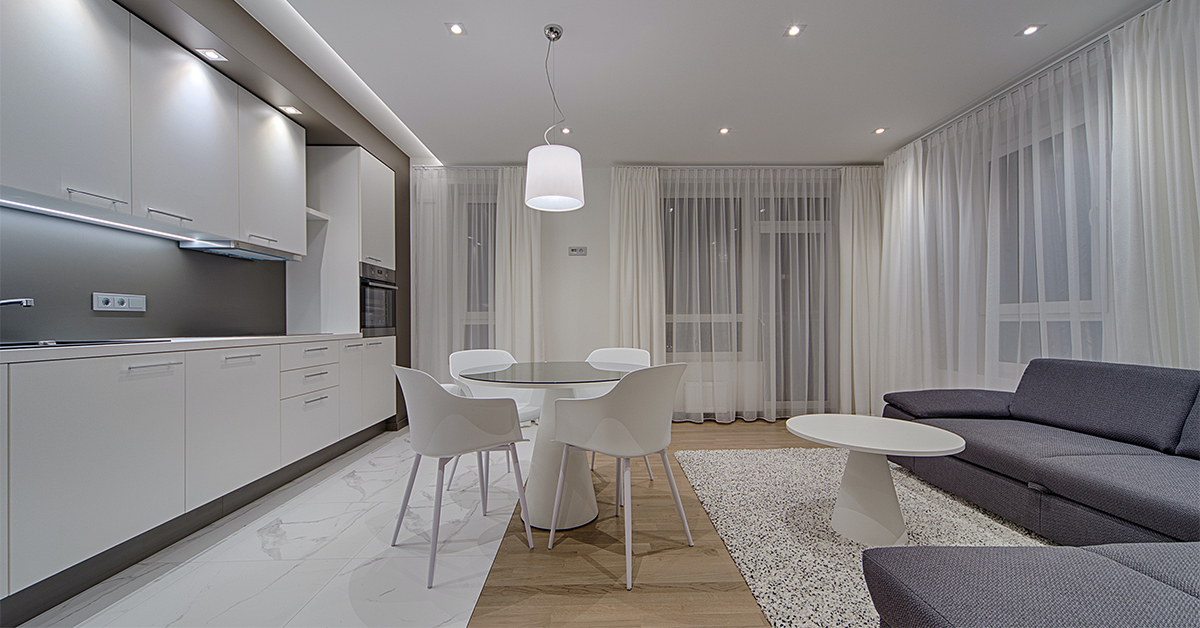
How to Declutter Your Home and Keep It Organized
May 21, 2023The Best Plants for Your Indoor Air Quality
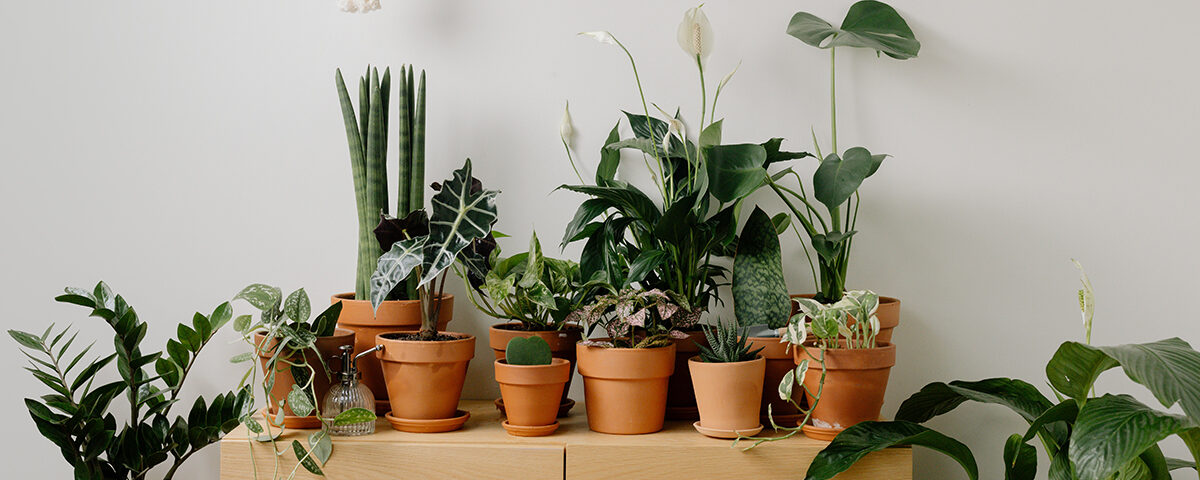
Introduction
The importance of good Indoor Air Quality Plants cannot be overstated. We spend the majority of our time indoors, making it essential to maintain healthy and fresh air. But how do we ensure our indoor air is free of pollutants? Enter indoor air quality plants!
The Significance of Indoor Air Quality
First and foremost, why should you care about your indoor air quality? Poor indoor air quality can lead to numerous health problems such as allergies, asthma, and other respiratory diseases. It can also cause headaches, dizziness, and fatigue. Thus, maintaining good indoor air quality is paramount for a healthy life.
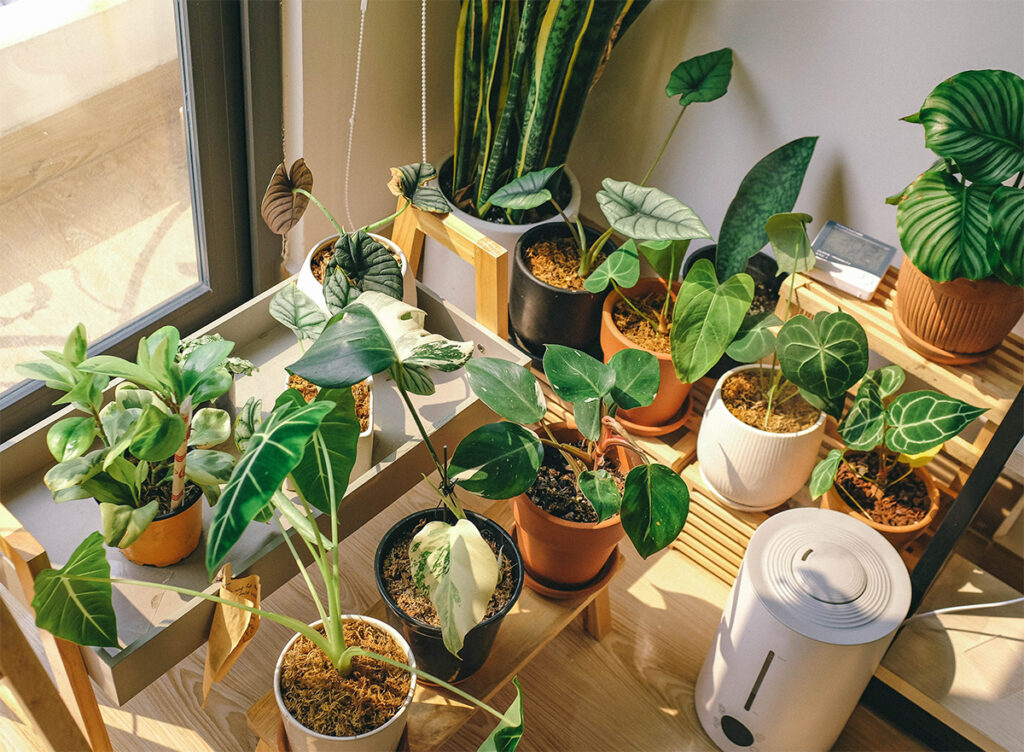
Indoor Air Quality Plants: An Overview
Why Plants are Beneficial for Indoor Air
But you may ask, how can plants help? They’re not just for decoration, you know! Indoor plants can purify the air in your home, removing harmful toxins and producing oxygen.
The Science Behind Plant Purification
Through the process of photosynthesis, plants absorb carbon dioxide and release oxygen. However, plants can also take in other toxins through their leaves and roots, purifying your air in the process.
Best Plants for Your Indoor Air Quality
Now let’s dive into our list of the top 5 plants to improve your indoor air quality.
Spider Plant
The Spider Plant is the Superman of indoor air quality plants. This super plant is not only easy to care for but also removes 90% of the toxins from the air in 24 hours!
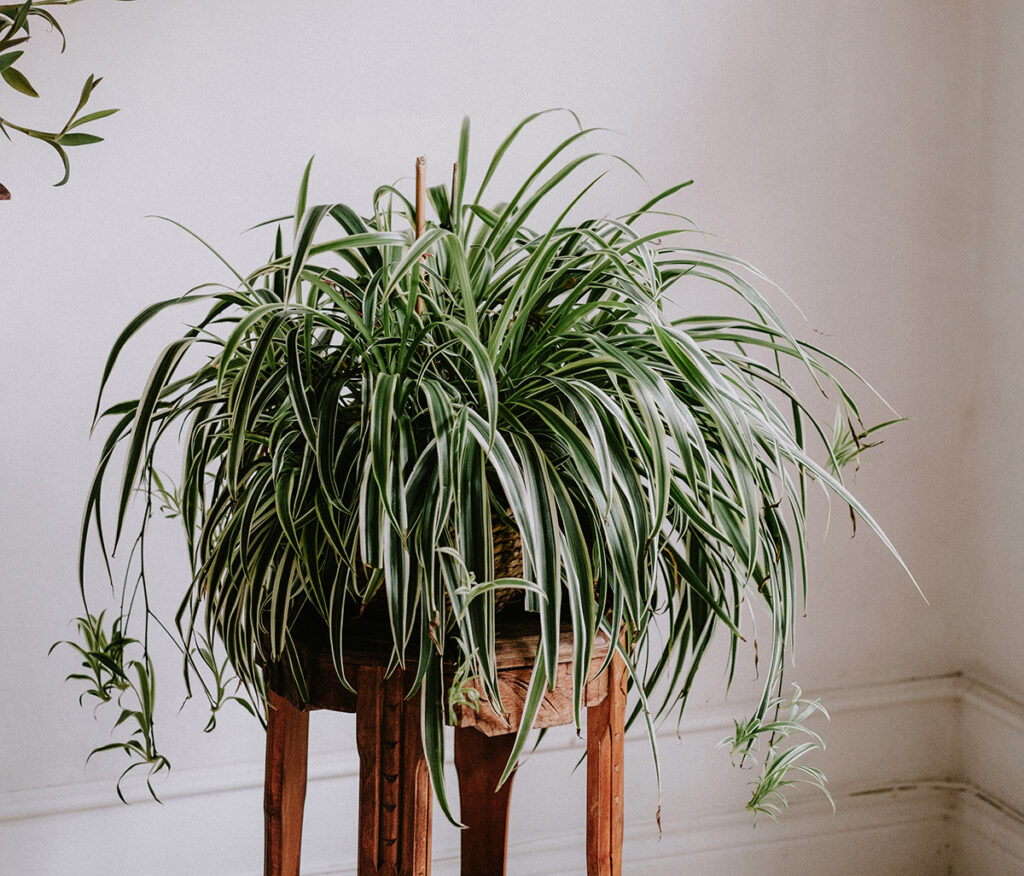
How to Care for a Spider Plant
To care for this superhero plant, ensure it has well-draining soil and indirect light. It’s as simple as that!
Snake Plant
The Snake Plant, also known as the ‘Mother-in-Law’s Tongue’, is another top-notch air purifier. This hardy plant is excellent for beginners and can filter out formaldehyde, a common toxin found in household products.
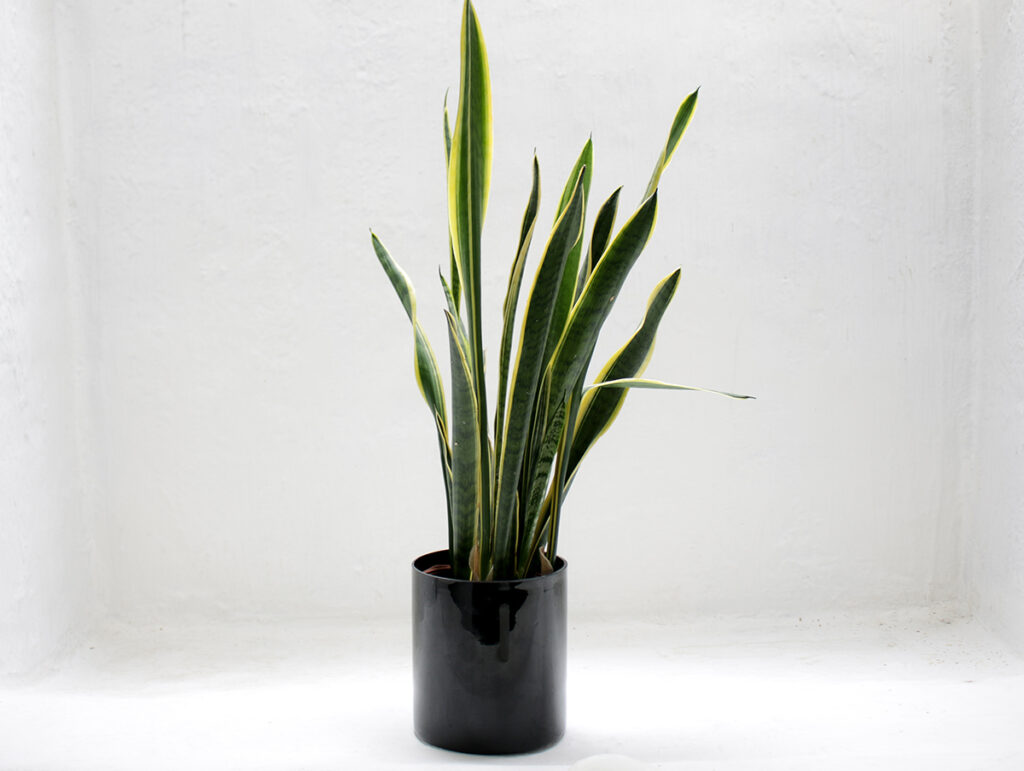
How to Care for a Snake Plant
Snake Plants thrive in indirect light and can withstand neglect. They require minimal watering, making them perfect for those who don’t have a green thumb.
Peace Lily
The Peace Lily is a beautiful plant that packs a punch when it comes to air purification. This elegant plant can improve indoor air quality by neutralizing harmful volatile organic compounds (VOCs).
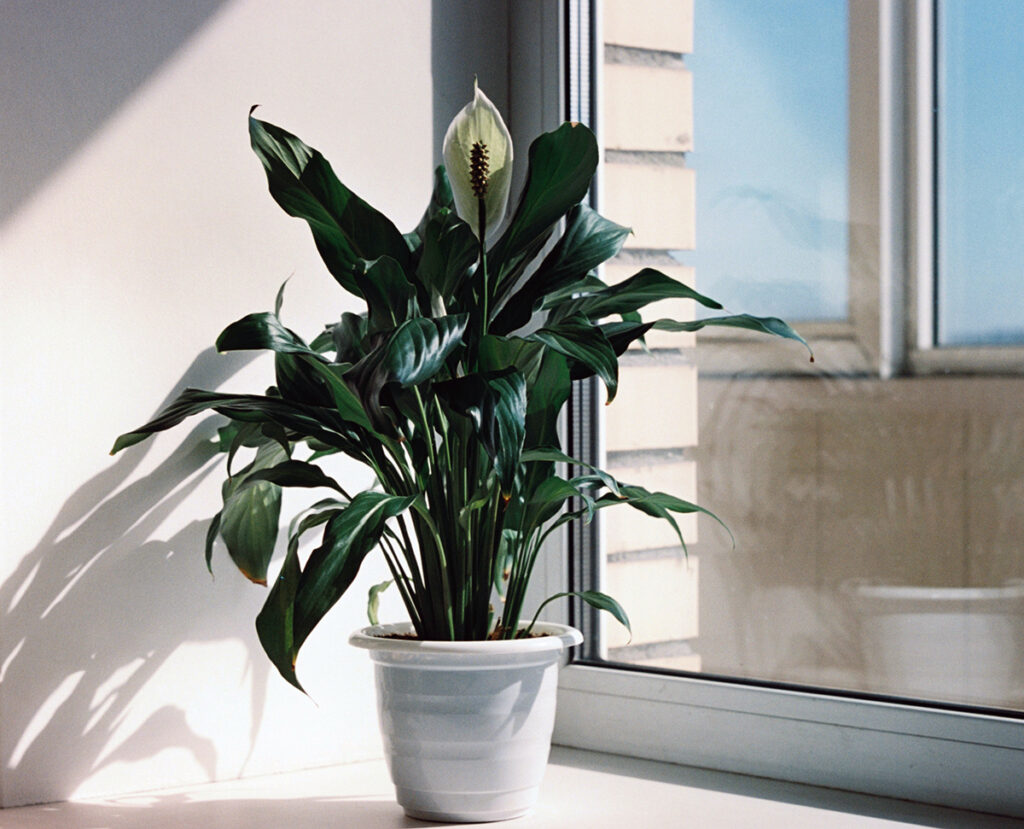
How to Care for a Peace Lily
Peace Lilies enjoy medium to low light and high humidity environments. They need to be watered only when the top of the soil feels dry.
English Ivy
English Ivy, with its classic charm, is known for its potent ability to purify the air. Research has shown that it can remove 78% of airborne mold in just 12 hours!

How to Care for English Ivy
English Ivy prefers cooler temperatures and humid environments. It needs bright light to thrive and regular misting to keep its leaves fresh.
Boston Fern
Last but not least, the Boston Fern. This plant is a humidifier and air purifier in one, removing toxins while also adding moisture to the air.
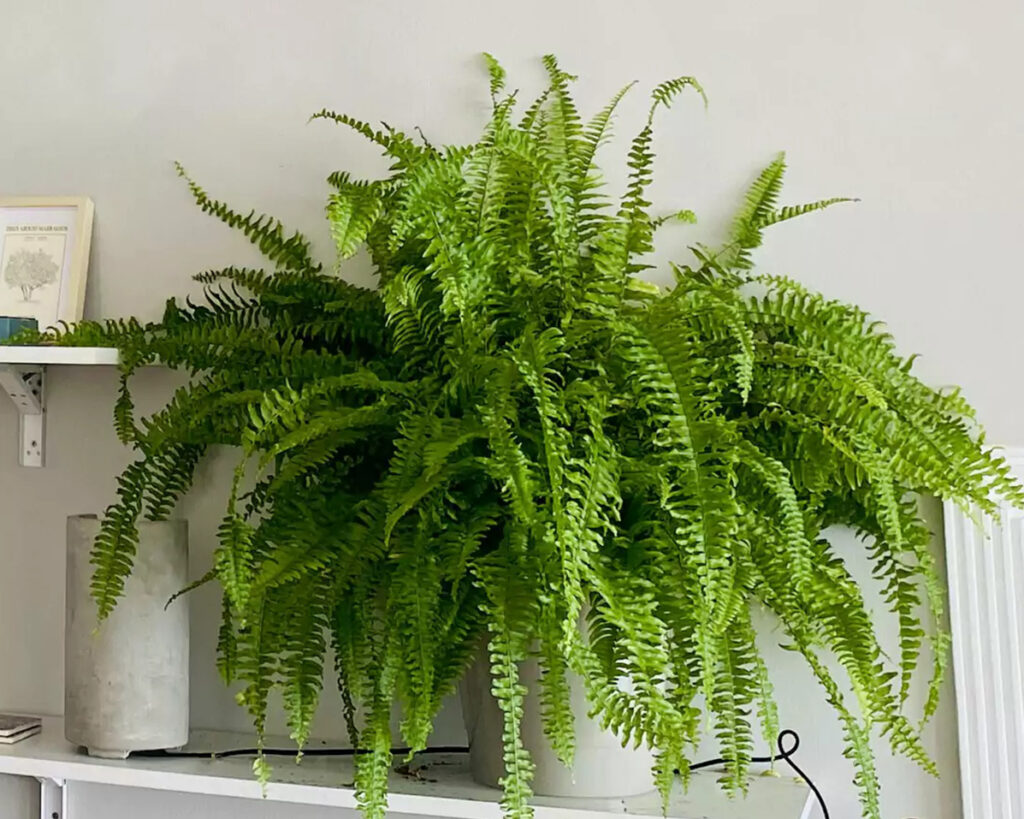
How to Care for a Boston Fern
Boston Ferns require a cool environment with high humidity and indirect light. They need to be kept moist, so frequent watering is necessary.
Key Takeaways: Enhancing Home Atmosphere with Indoor Air Quality Plants
Incorporating indoor air quality plants into your home is a simple yet effective way to enhance your living space’s atmosphere and your health. These plants not only add aesthetic value but play a crucial role in purifying indoor air, making them valuable additions to any home. Among the top choices, the Spider Plant and Snake Plant are notable for their ease of care and powerful air-cleaning abilities. By selecting the right plants and providing them with the proper care, you can enjoy a fresher, cleaner atmosphere in your home. Remember, while plants contribute to better air quality, they should be part of a broader approach to maintaining a healthy indoor environment.
Conclusion
In conclusion, it’s clear that indoor air quality plants are the unsung heroes of our homes. Not only do they brighten up our living spaces, but they also work tirelessly to keep our air clean and fresh. So why wait? Supercharge your home’s atmosphere with one or more of these marvelous indoor air quality plants!
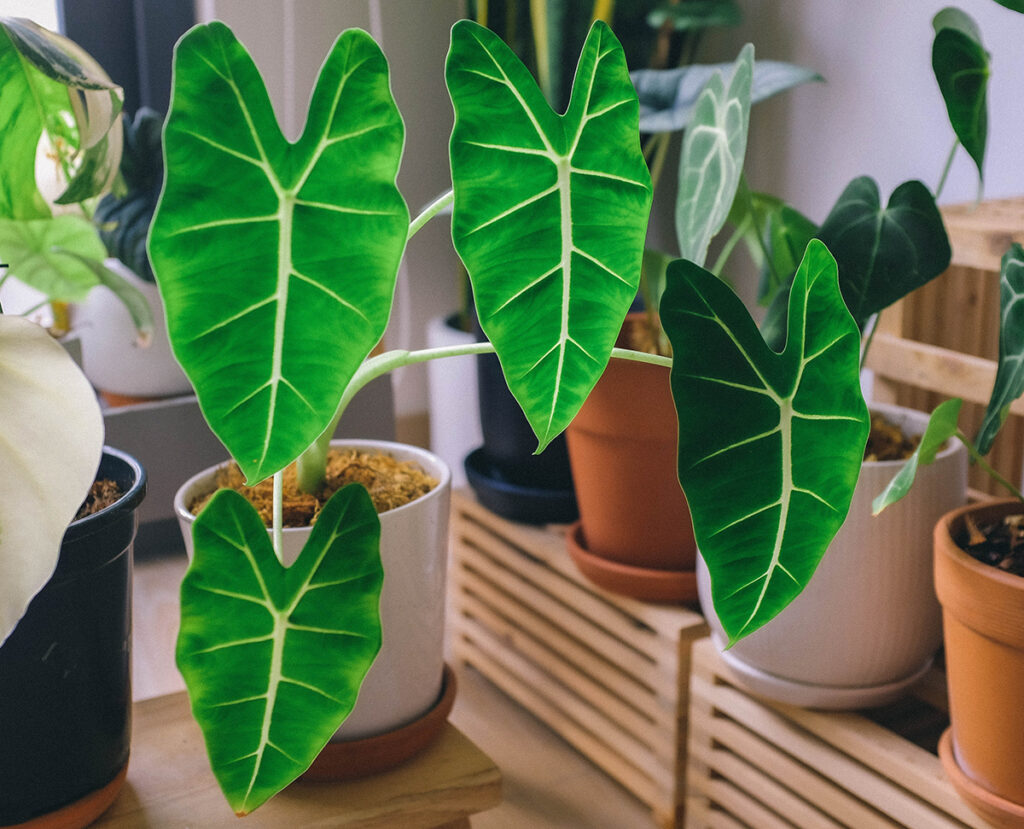
FAQs
1. Which indoor plant purifies the air the most?
The Spider Plant is known to be one of the most potent air purifiers, removing up to 90% of toxins in 24 hours.
2. Which plant is best at improving indoor air quality?
While all plants improve air quality to some extent, the Snake Plant and English Ivy are particularly efficient at this task.
3. What plants are good for air indoors?
Some of the best plants for indoor air quality include Spider Plants, Snake Plants, Peace Lilies, English Ivy, and Boston Ferns.
4. What plant removes 78% of airborne mold?
English Ivy has been shown to remove up to 78% of airborne mold in just 12 hours.
5. Are indoor plants easy to care for?
Many indoor plants, like the Spider Plant and Snake Plant, are easy to care for, making them perfect for beginners or those without a green thumb.
6. How do indoor plants improve air quality?
Indoor plants enhance air quality by absorbing toxins through their leaves and roots while releasing oxygen through photosynthesis. This natural purification process helps reduce pollutants like formaldehyde and volatile organic compounds (VOCs) in the home environment.
7. What are the health benefits of maintaining good indoor air quality?
Improving indoor air quality is crucial as it can significantly reduce the risk of respiratory diseases, allergies, and asthma. It also helps prevent symptoms like headaches, dizziness, and fatigue, contributing to overall well-being and health.
8. Can indoor plants really remove toxins from the air?
Yes, certain indoor plants have been scientifically proven to remove toxins from the air. Plants like the Spider Plant and English Ivy are especially effective, absorbing various airborne chemicals and thus purifying the air.
9. What is the best plant for removing formaldehyde?
The Snake Plant is particularly adept at filtering out formaldehyde, which is commonly found in household products and furniture. It’s an excellent choice for enhancing indoor air quality in homes.
10. How often should I water indoor air quality plants?
Watering frequencies vary among different types of plants. For instance, Peace Lilies should be watered when the top of the soil feels dry, whereas Boston Ferns need frequent watering to keep the soil moist.
11. What levels of light do these air-purifying plants require?
Light requirements can differ: Spider Plants and Snake Plants prefer indirect light, while English Ivy thrives in bright light. It’s important to understand the specific light needs of each plant to ensure they grow healthy and effectively purify the air.
12. Are there any indoor plants that also add humidity to the air?
The Boston Fern acts as a natural humidifier in addition to its air purifying qualities, making it ideal for adding moisture to indoor environments, which can be beneficial during dry seasons or in air-conditioned rooms.
13. What should I consider when placing plants in my home for Feng Shui purposes?
For Feng Shui, place plants in areas where you want to encourage positive energy flow, like living rooms or offices. Avoid placing plants in bedrooms where they can disrupt sleep, according to traditional Feng Shui.
14. How can I ensure my indoor plants remain healthy?
To keep your plants healthy, provide them with the right amount of light and water as per their specific needs. Also, ensure they are in well-draining soil and periodically check for pests and diseases.
15. What is a good beginner plant for improving indoor air quality?
The Spider Plant is an excellent choice for beginners. It’s easy to care for, resilient, and highly effective at purifying the air, removing up to 90% of toxins within 24 hours.
Enjoyed this post? Never miss out on future posts by following us»

